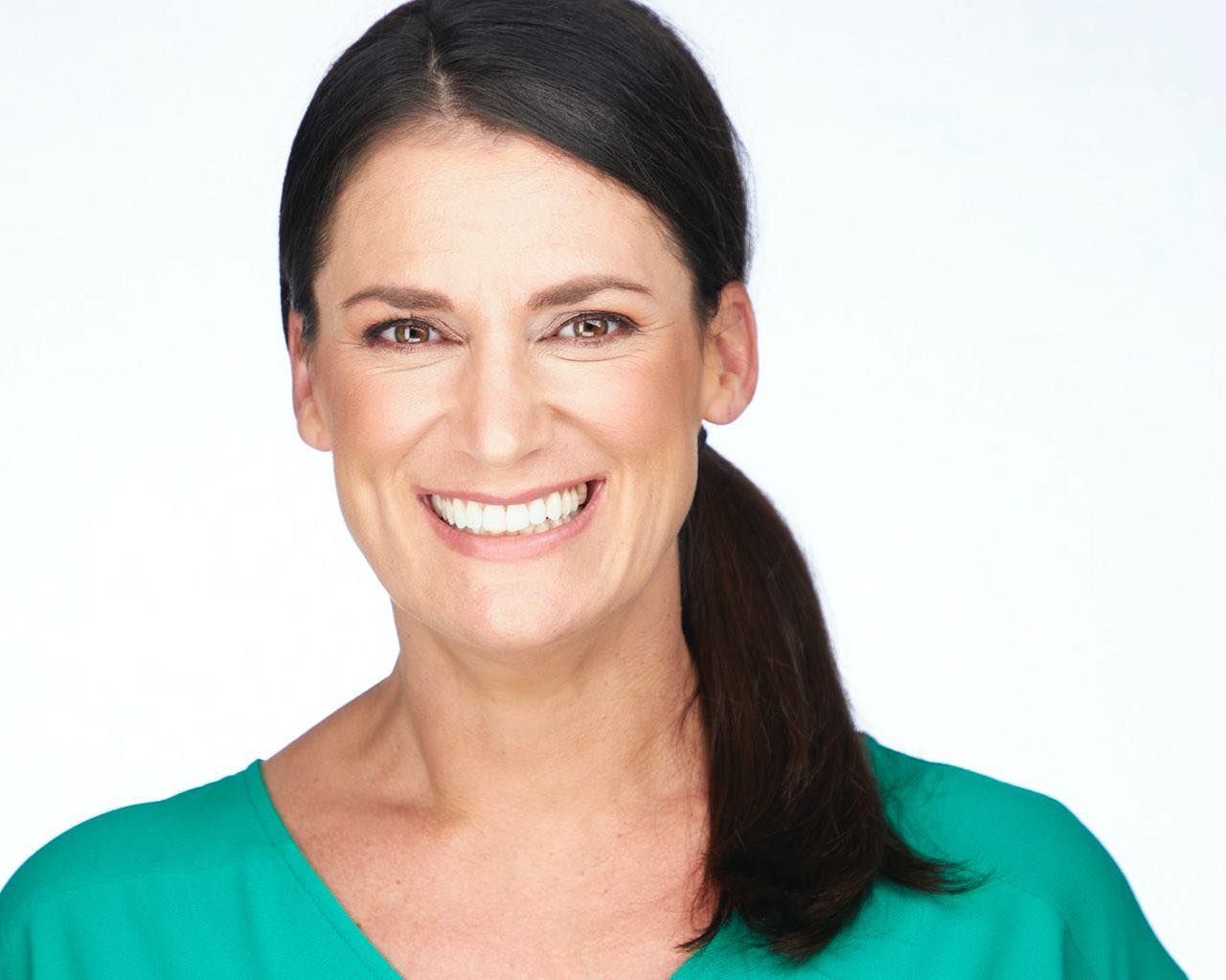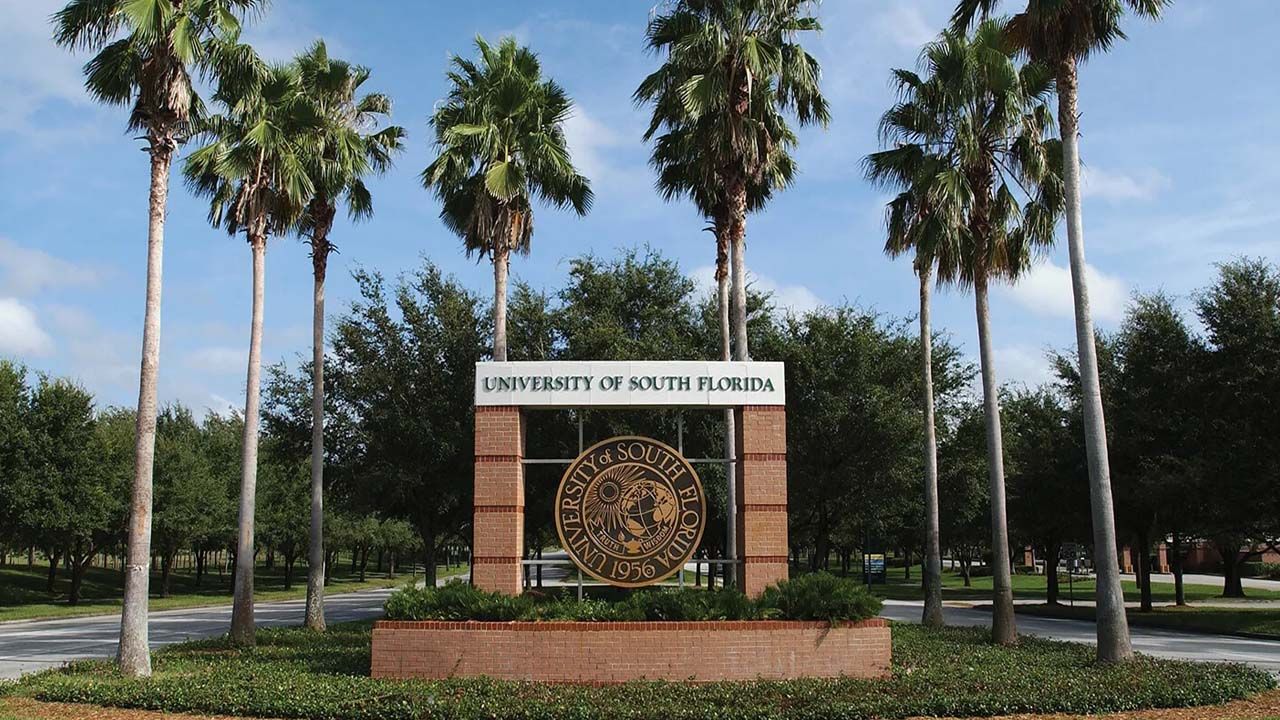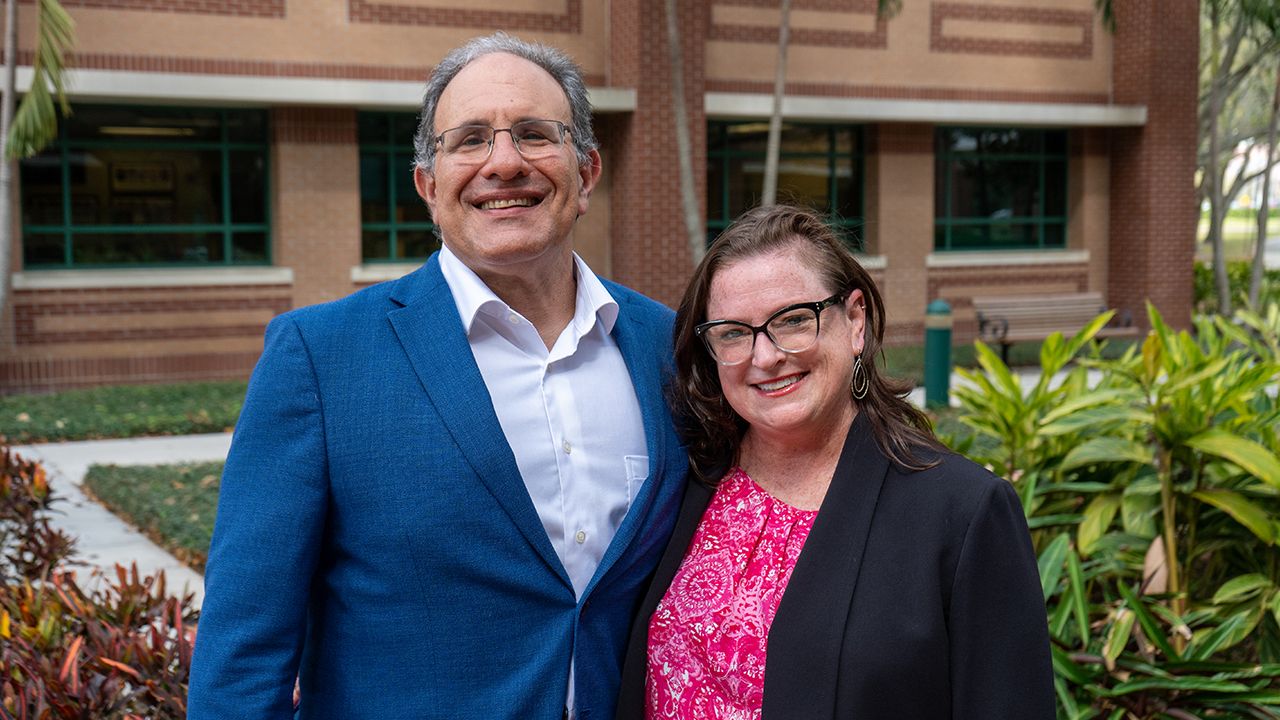In the early 1900s, businesses were growing larger, and more complex, with more employees working in more varied divisions across more geographical boundaries. From this growth, demand for people who had training in managing business operations grew, which led to the creation, and demand, of the master of business administration degree.
Today, knowledge is one of the most valuable resources. Companies don’t necessarily need more general managers, they need people with deep expertise in distinctive domains who have the ability to analyze data, which generates unique insights leading to better business decisions.
Enter the modern Doctorate in Business Administration degree. A DBA is a professional degree, representing the highest level of qualification in management. In contrast to an MBA, it takes students on a different path toward acquiring and using business knowledge. From 2010 to 2018, there was a 10 percent average annual increase in DBA graduates, according to Integrated Postsecondary Education Data System data.
For an MBA, students spend two years taking a broad range of practical courses to learn about several pillars of business—such as accounting, finance, marketing, leadership, operations, strategy and ethics—to help them become effective leaders across many industries.
By contrast, DBAs spend up to two years studying academic literature across several domains and, typically, one additional year designing, and executing, an original research project: a dissertation focused on one domain. The primary goal of a DBA is to produce scholarly individuals who have deep expertise in a field of management. The program provides graduates with the skills needed to conduct rigorous research with the objective of applying the findings to real-world decision-making.
The DBA was originally intended to qualify faculty members to perform research, and teach, at business schools. Over the past 10 years, however, a new type of executive doctoral program has started to appear. Modern DBA programs are designed for working professionals and tend to be pursued for a multitude of reasons.
When seeking executive-level positions, DBA “doctor” titles are likely to help them stand out from their peers. DBAs can also pursue high-level positions in areas, such as consulting, by becoming subject-matter experts—or maintain ties with academia as full-time or adjunct professors. The DBA appeals to aspiring professionals who want to advance their business knowledge as well as lifelong learners seeking to challenge themselves intellectually.
DBAs offer substantive coverage of a broad variety of qualitative, and quantitative, research techniques and allows students the flexibility to focus more deeply on personal areas of interest during their dissertation. The academic literature they read gives them expertise in understanding management theories that can help them analyze real-world situations. Rather than relying on gut feelings, DBAs can use powerful techniques to reduce bias, use statistical regressions to identify influence, and outcomes, or even design an experiment to identify causal relationships.
DBA graduates are often called practitioner-scholars, and sometimes called pracademics, because they are able to link the academic to the practice world. “Practitioner-scholars understand academic research, both content and methodology. They are able to conduct research but their focus is more on the application of academic knowledge than creating it,” says Paul E. Spector, who has taught both PhDs and DBAs at the University of South Florida.
DBAs represent only 2% of all people who hold higher degrees in business. In 2021, more than 250,000 students graduated with MBAs, or a business-focused master’s degree, and only 5,000 graduated with doctorates.
The USF DBA program is formatted in a cohort style that meets two days per month, over the course of three years. If you’ve ever found yourself wondering whether there is a better way to make business decisions, you may want to consider applying to a DBA program. These programs are designed to foster intellectual interests and produce knowledge that might be applied in an organizational setting.
Loran Jarrett is a Tampa native and assistant professor of instruction at USF. She also serves as the director of the School of Marketing and Innovation Practice Center and faculty adviser for the USF American Marketing Association. She was selected as the president of the Leadership Tampa Bay Class of 2016 and served on the board as marketing chair.











